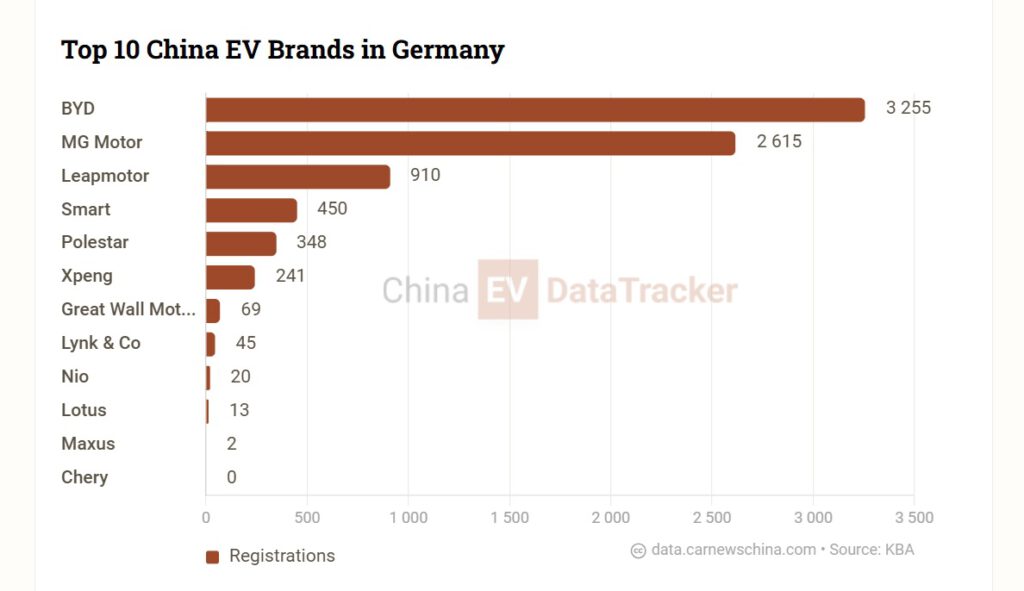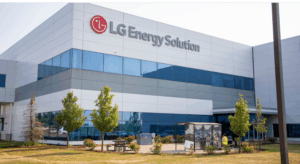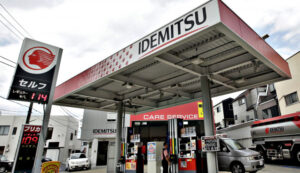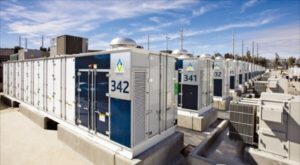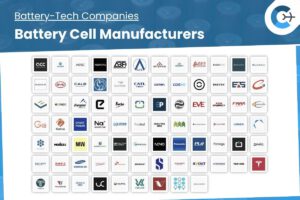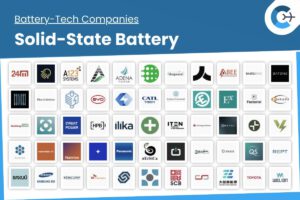In September 2025, Chinese electric vehicle manufacturer BYD recorded its strongest month yet in Germany, selling 3,255 cars—a 2,225% increase compared with September of last year, according to data from the Federal Motor Transport Authority (KBA). In the third quarter, BYD moved 5,495 vehicles in Germany, representing an 835% year-over-year rise. Through the first nine months of 2025, the company has sold 11,818 cars in the country, up 560% from the same period in 2024. BYD first entered the German market in October 2022 and discontinued production of purely internal-combustion models in March 2022.
Not all Chinese brands have seen similar success in Germany. In September, Nio delivered just 20 vehicles, slightly fewer than a year earlier. Great Wall Motor and its Ora marque combined for 69 sales, down 73.4% year-over-year, while Lotus reported only 13 units sold, a 50% decline. By contrast, Xpeng saw sales of 241 cars, up 630% from the previous September, and Leapmotor, which launched in Germany less than a year ago, delivered 910 units. Both Xpeng and Leapmotor benefit from partnerships with major automakers—Volkswagen and Stellantis, respectively.
BYD’s overseas performance is becoming increasingly important as its domestic sales begin to soften. In September, the group’s total global passenger-vehicle deliveries fell 5.9% to 393,060 units, prompting a reduction of its full-year sales target from 5.5 million to 4.6 million vehicles. However, international deliveries grew by 115.8% in September to 71,256 units. From January through September, BYD shipped 697,072 vehicles outside China, a 123% increase over the prior year, bringing the company close to its goal of selling 1 million overseas units in 2025.
To support export growth, BYD recently commissioned its eighth large-volume car carrier—collectively capable of transporting up to 1 million vehicles per year—named BYD Jinan. On the production side, the company has begun assembling models in Brazil, Pakistan (scheduled for 2026), and Uzbekistan, using knock-down kits to boost local content. A European facility in Szeged, Hungary, is complete but won’t start mass production until 2026.
Source: Car News China

